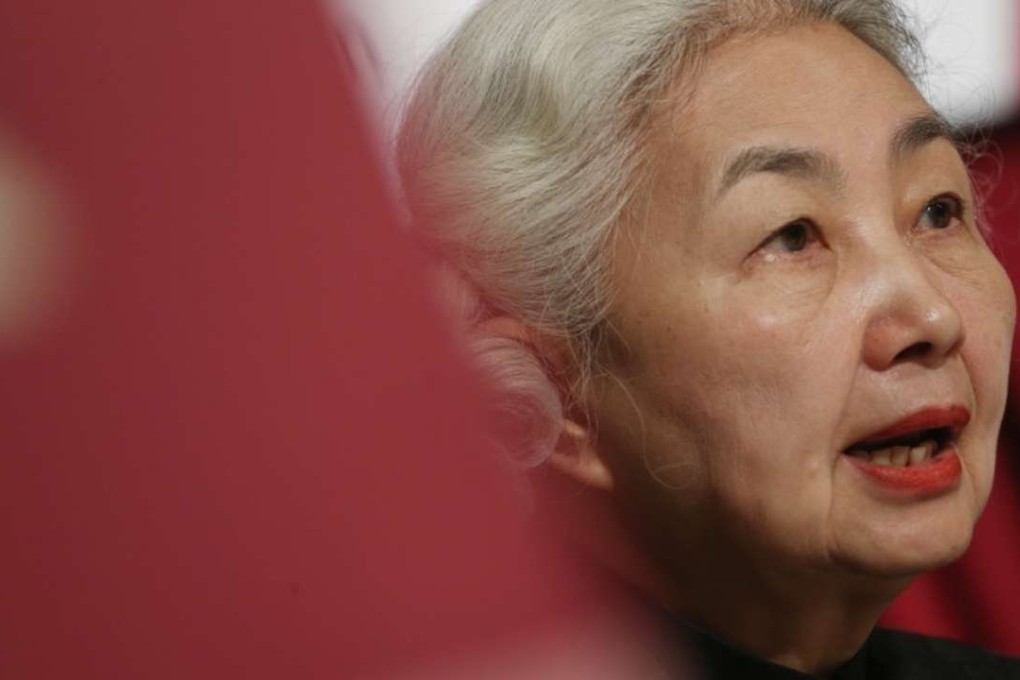Top National People’s Congress body unites on need for interpretation on Hong Kong oaths
Basic Law Committee member Maria Tam says ruling could set out “format and conduct” for lawmakers in taking their oaths and criteria for Legco disqualification

Beijing’s top legislators have “unanimously agreed” on an intervention into Hong Kong’s oath-taking controversy to safeguard the city’s stability, it was announced by state TV on Saturday night, after it emerged they may set out the “format and conduct” for lawmakers to take their oaths and criteria for disqualification.
Basic Law Committee vice-chairwoman Elsie Leung Oi-sie said the intervention was “necessary” because Beijing had to safeguard national sovereignty and unity and be “fair” to Tibet and Xinjiang when their legislators were forbidden from spreading separatist ideas.
“Pro-independence ideas have been around in Hong Kong for some time and people are still free to talk about it,” she said. “But if Hong Kong lawmakers can spread independence thoughts in the Legislative Council, does this mean deputies to the Xinjiang People’s Congress can do that too? ... How can Beijing explain to Xinjiang and Tibet deputies?”
